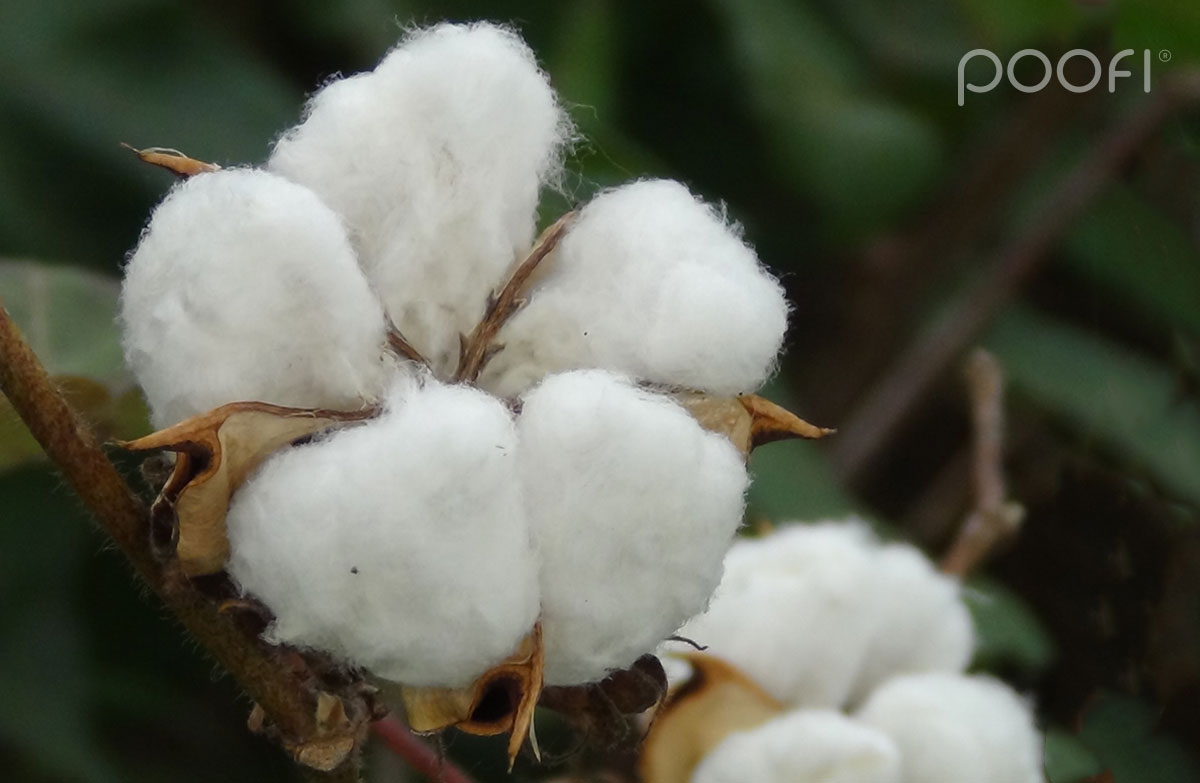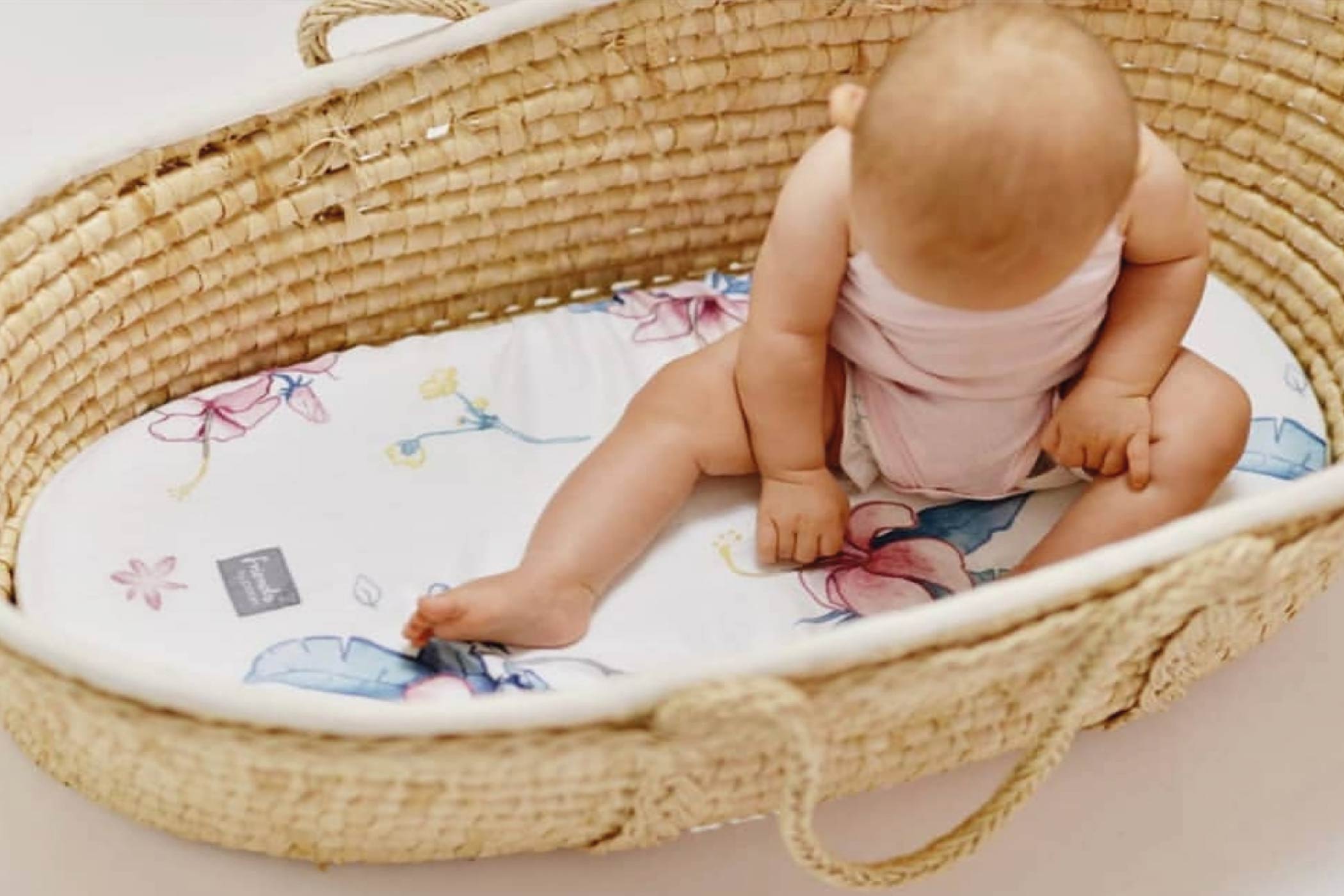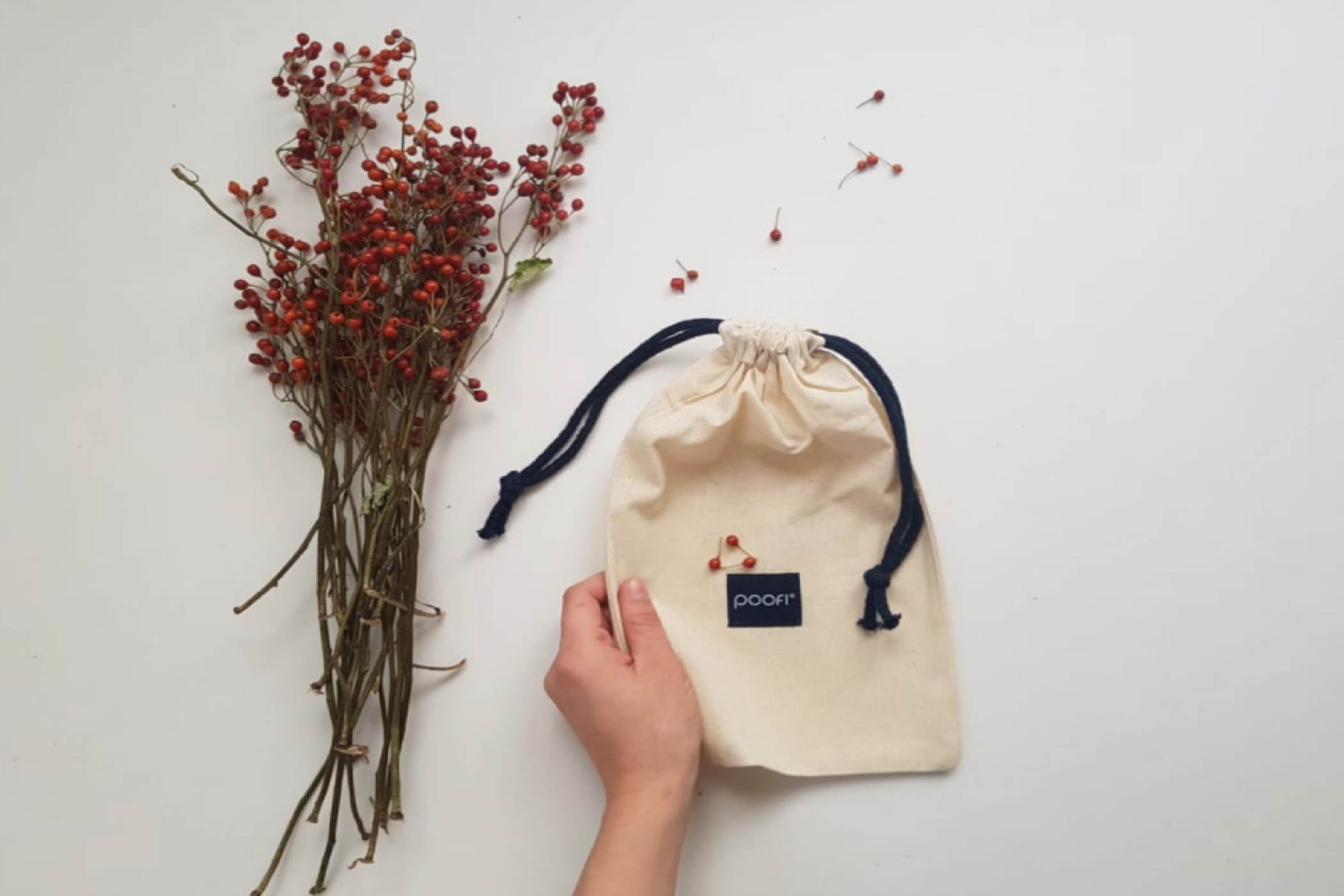
Organic cotton – naturally the best for our kids
What we eat, what we breath in, what we wear – all of it shapes the quality of our life. Our knowledge and awareness is getting bigger, but it also gets harder to make the right choices – even poliester can look like a cotton nowadays. We want only what’s best for our kids, that’s why we should take a closer look at materials that are used to make things for them, are they truly safe and friendly for their skin?
There is a cotton and there is a cotton. Cotton is a plant that creates fibers we use to make fabrics and nowadays almost 80 countries are producing cotton fibers. Cotton as a plant is very sensitive, is easily attacked by various pests. Many radical chemicals are used to protect cotton cultivation and make them grow faster. Cotton cultivations take over just a few % of the whole globe, but pesticides used to ‘protect’ them take over 30% of all pesticides used all over the world every year.
WHO announced that pesticides used in conventional cotton farming are dangerous for our health, especially for nerve system of kids and babies. Why?
Some % of the chemicals stay in cotton fibers and when they get in contact with our skin, they can cause different allergies and even asthma.
Skin diseases are very common among cotton farm workers.
It’s not really hard to find docus about it online, there is a lot of ‘hidden footage’ movies that show how ‘fast fashion’ really looks like ‘behind the scenes’. How dangerous this bussiness is.
Commercial cotton farming and further fabric processing is also using a huge amount of water. This water is heavily polluted after, but still gets into the ground, spreading the pollution around. Dangerous chemicals are not only in the air, but also underground, affecting people, animals and the whole ecosystem.
Organic cotton is fighting with everything what’s wrong about the process we pictured above.
The farming is done in eco friendly way, respectful for the nature. No chemicals are used to fight with pests, only natural ingredients like citric acid, chilli or garlic. Picking up weeds and ripe cotton plants is done by hand. Cotton is growing on her own, natural way, without any interference with chemicals. It makes the fibers stronger, softer to touch and have no side effects on our health. Also the amount of water used for the process is smaller and more bearable for the environment.
Why is organic fair-trade cotton better?
- No chemicals are used that can irritate your skin;
- Is softer and stronger so clothes made of it are more durable and can be worn for a longer period of time;
- Dyed with natural ingredients – color is less prone to fading and these dyes are safe for our skin;
- Resistant to high temperatures;
- Environment friendly – no chemicals, less water is used;
- Companies are obligated to follow human rights rules, their workers are getting deserving payout and work in safe environment;
How to tell them apart?
Organic cotton is stronger, softer and long-lasting. Product made from it should also have a fair-trade certificate from producent about chemicals/pesticides – free production and ethical work environment.
If you are looking for fairtrade cotton, pay attention to following labels:
Certificate GOTS – Global Organic Textile Standard – it is the worldwide leading textile processing standard for organic fibres, including ecological and social criteria, is in force of the entire textile supply chain.
Certificate Naturtextil [Germany] -it is a standard for eco-friendly textiles with the strictest requirements for ecological textile production at the highest technical levels,
Certificate Oeko-Tex Standard 100 – Oeko-Tex labels and certificates confirm the human-ecological safety of textile products and leather articles from all stages of production along the textile value chain.





